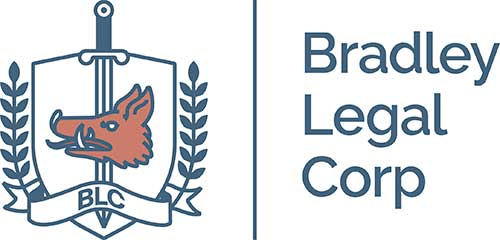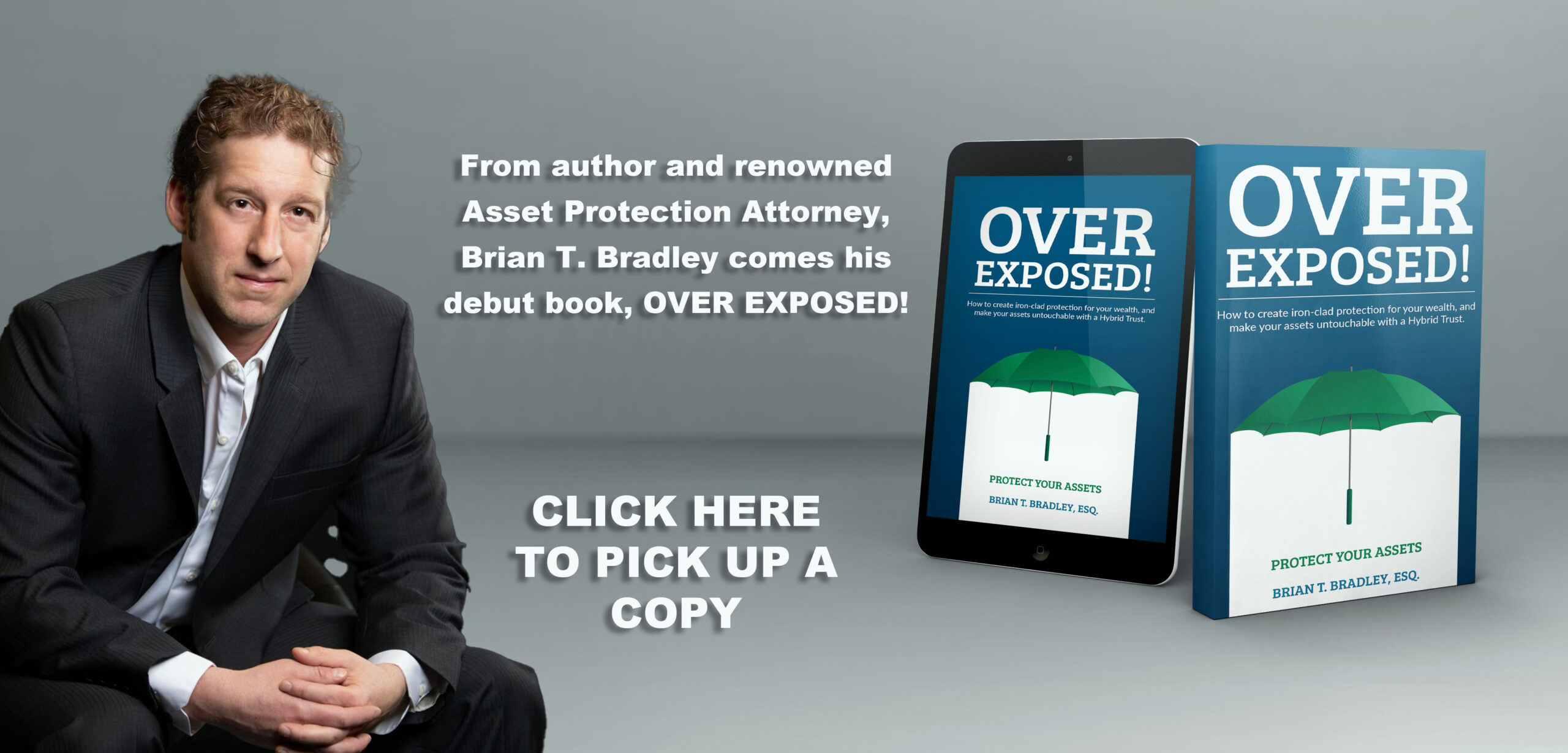I see a lot of initial clients and investors not understanding the different level of risk and liability of assets. One of the worst mistakes an individual can make when creating an asset protection plan is to mix safe and risky assts. For example, placing your real estate property in an LLC with a bunch of cash. If something happens to the real estate and the LLC gets sued, you have now just exposed the cash to that lawsuit. By making a distinction between safe and risky assets, we are able to separate and then combined the assets once they are properly protected.
Risky assets are anything that can hurt you or can go boom, has a motor and has a key or needs insurance. It should be held in its own compartment. Think of cars, boats, plans, and most commonly for our clients is real estate. Your real estate needs to be treated as separate entities; as LLCs.
You can’t hurt somebody with a $100 bill or a stack of them. What do you do with bank and brokerage accounts and passive real estate syndication shares? Since bank accounts and brokerage accounts are safe assets they can be placed directly in your limited partnership (LP). Eventually, your asset protection trust will provide the ultimate protection by owning the majority interest in your limited partnership.
With your personal income from your job, business or practice you should not fill up the coffers with retained earnings. By not making good distributions of these assets and allowing the cash to build up in your practice, you are creating an unsafe environment for the rest of your assets. If someone ever decided to sue your business or practice they are also going to go after any cash tied to the practice.
If you want to learn more about how to properly separate and distribute your assets we’ll be happy to answer any question. Enjoy this recent podcast where we break all these concepts down in detail. https://podcasts.apple.com/us/podcast/mindful-multi-family-show-76-chris-salerno-brian-t/id1478770123?i=1000487874678
Brian T. Bradley, Esq.
Senior Managing Partner
Bradley Legal Corp.
Asset Protection Law


Recent Comments